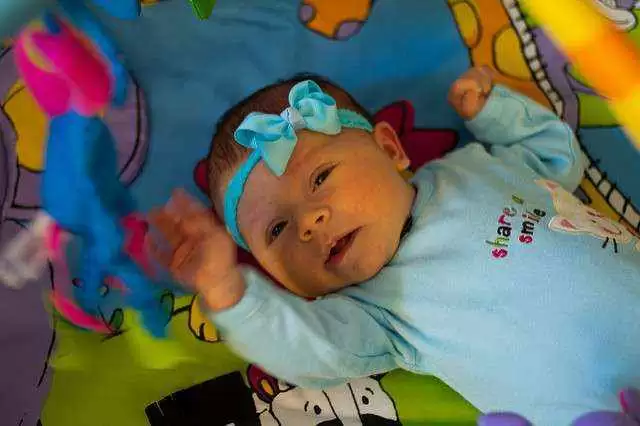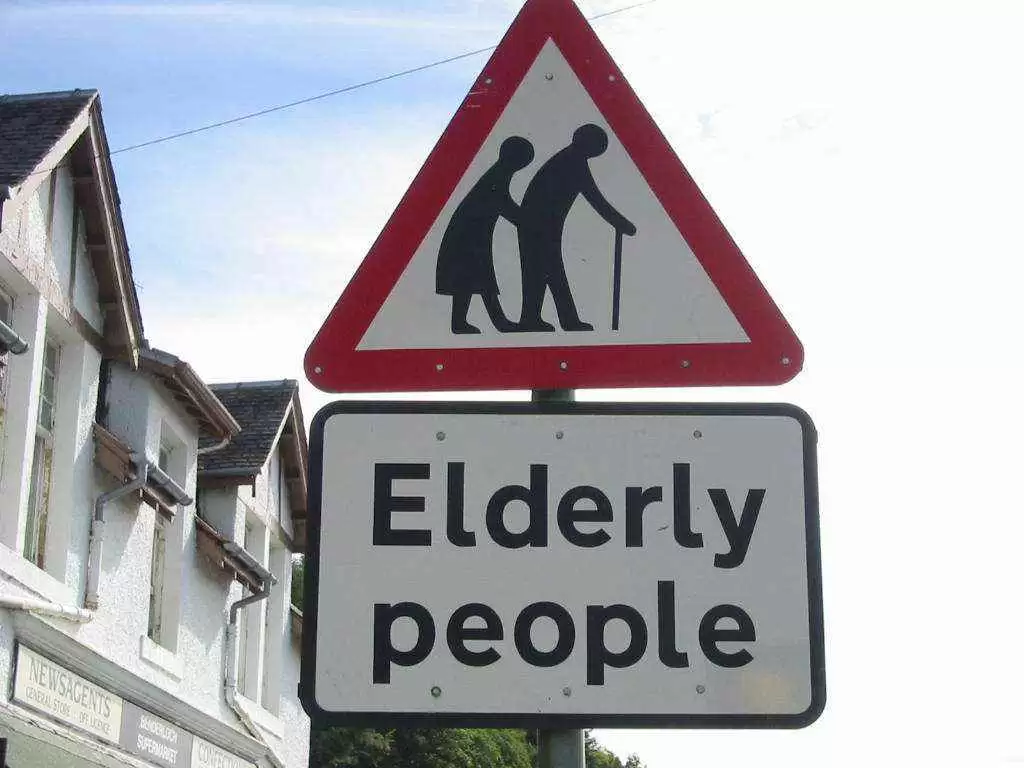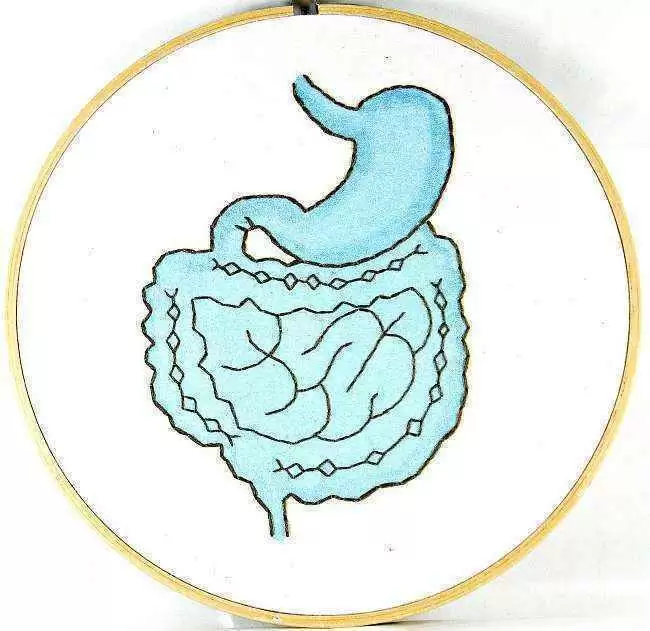
Celiac.com 10/12/2016 - How early can you diagnose celiac disease? This is a most challenging question for everyone: children, parents, pediatricians, gastroenterologists and many other health professionals. This is because, like so many other diseases, celiac disease is a progressive condition that slowly creeps up on you. In addition, there is disagreement about what constitutes a definitive diagnosis of celiac disease. What if the small bowel biopsy result is at odds to the blood test results?
It is my opinion that the fundamental diagnostic requirements for celiac disease remain unresolved. This makes early diagnosis problematic!
Celiac.com Sponsor (A12):
Do you keep waiting (whilst suffering from symptoms) for classic gut damage to be visible in a bowel biopsy before adopting a gluten-free diet? Or do you recognize the early onset of celiac disease and go gluten-free prior to this gut damage occurring? Will you be accused of "masking" celiac disease if you are an early gluten-free adopter?
Currently, most guideline protocols require a definitive diagnosis of celiac disease by demonstrating small bowel tissue damage. This is achieved by performing and upper gastrointestinal endoscopy, taking a tissue biopsy of the mucous lining of the small bowel, and then showing specific tissue damage (villus atrophy) under the microscope: this is the small bowel biopsy procedure.
However there is significant controversy about the accuracy and necessity of a small bowel biopsy test. We will have a close look at the difficulties and shortcomings of these tests. But first, let's look at these diagnostic problems in relation to Francesca.
Meet Francesca who is highly at risk of celiac disease
So how early could we diagnose Francesca's celiac disease? She has just turned 3-years-old. Her mother has celiac disease, diagnosed over 10 years ago. So mum bought Francesca for my opinion because she had started to have some loose bowel motions (runny poops), although sometimes she did have hard bowel motions, which were difficult to pass. She also had a big distended tummy, was getting more cranky, and a bit more tired. Because of mother's celiac disease, Francesca was already consuming a smaller amount of gluten, although she was eating at least one slice of normal wheat gluten bread each day. Her mother's question was: "Has Francesca now developed celiac disease?" This problem confronts me most days in the Clinic.
How should I investigate and manage her illness?
- What blood tests should I request?
- How do I interpret her results?
- Should I organize a small bowel biopsy?
- Do we look for early evidence of gluten problems, or do we wait for end stage celiac damage?
- Should she go on a gluten-free diet now?
- Should we be concerned about "masking" celiac disease?
Francesca's blood tests show:
- She does carry the HLA gene DQ2: this makes her a likely candidate for developing celiac disease.
- The tissue-damage antibodies were normal: the tTG (tissue Trans-Glutaminase) levels were low normal, but the IgG-DGP (Diamidated Gliadin Peptide) levels were borderline (18 units, with a normal range 0-20). Her EMA (Endomesial Antibody) was negative: the borderline DGP is very suspicious and evidence of early celiac disease.
- IgG-AGA (Anti-Gliadin-Antibody) level was moderately raised: showing that she has developed an immune response to gluten.
- She has not had an endoscopy: with her tissue damage antibodies at low levels, the likelihood of abnormal tissue histology is very low.
My opinion
In my opinion, this child is at extreme risk of developing celiac disease. I would like to see her on a strict gluten zero. However, it is now up to her parents to decide whether they will wait until she actually develops gut damage, or do something now to prevent her getting a serious disease.
What would you do if she were your child? Well her parents decided to place her gluten-free and they saw a big change for the better in just a few weeks. Her bowels become normal, her energy levels improved and she is now a happy girl.
So what is her diagnosis? I call her early celiac disease. Others would say she has non-celiac gluten-sensitivity. Some would claim that I am unwarranted to suggest a gluten-free diet until she has a positive biopsy and they accuse me of "masking" celiac disease by treating her symptoms.
Why let Francesca unnecessarily suffer whilst waiting for her to get progressively sicker until we can get a tissue diagnosis?
Written in the spirit of cooperation and knowledge sharing. You can read many more patient stories in my book "Gluten-Related Disorder: Sick? Tired? Grumpy?" (Open Original Shared Link).







Recommended Comments